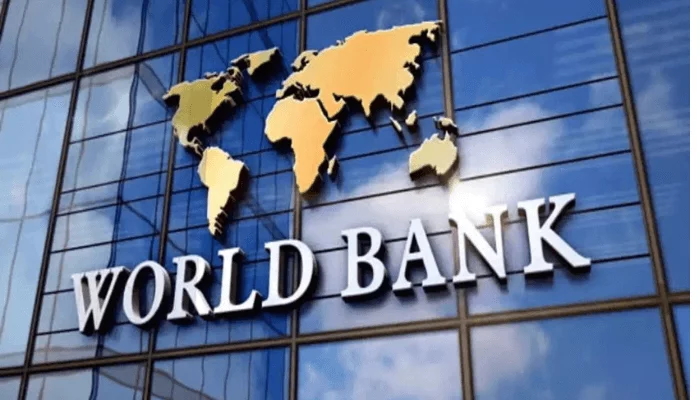As part of its continued efforts to maintain integrity and transparency in its projects and operations, the World Bank has placed 58 Nigerian businesses and individuals on a blacklist for participating in unethical practices.
Affected parties include 19 people named by the World Bank under the cross-debarment policy and 39 Nigerian enterprises that the African Development Bank (AfDB) had previously prohibited. With 58 debarments in total, the involved entities are no longer able to take part in any projects or operations that are funded by World Bank Group institutions.
At the time of this publication, the World Bank’s list, which is updated every three hours, included 1,210 businesses and individuals worldwide.
A debarment prevents businesses or people from taking part in initiatives and activities funded by World Bank Group organisations. The World Bank report states that the penalties were put in place after the Bank held an administrative procedure that gave the accused companies and people a chance to address the accusations.
The Bank’s protocols for penalty actions and settlements in relation to bank-financed projects were followed throughout this process.
This process was carried out in compliance with the August 2, 2001, established Sanctions Committee Procedures through July 2007.
Currently, Bank Procedure: Sanctions Proceedings and Settlements in Bank Financed Projects is being followed in order to conduct the process.
The report said, “Go to Sanctions for additional details on the two-tier sanctions process. Cross-debarment was implemented in compliance with the agreement of April 9, 2010, as stated in the Agreement for Mutual Enforcement of Debarment Decisions. The World Bank, Asian Development Bank, European Bank for Reconstruction and Development, Inter-American Development Bank, and African Development Bank are among the international financial organisations that have helped to make this agreement successful.
The World Bank, Asian Development Bank, European Bank for Reconstruction and Development, Inter-American Development Bank, and African Development Bank have all made cross-debarment effective as of July 1, 2011, in compliance with the Agreement for Mutual Enforcement of Debarment Decisions dated 9 April 2010.
The Bank retains the power to take further measures against companies and people deemed to be in breach of its policies, some of which may not even include debarment.
The World Bank Procurement Regulations for Investment Project Financing Borrowers and the relevant Procurement or Consultant Guidelines both outline the prohibited conduct that results in debarment. The particular rules may change based on the type of project at hand.
The World Bank’s efforts demonstrate its dedication to thwarting corruption and fostering accountability in development initiatives, guaranteeing that financial resources are allocated efficiently for the good of the populace.

